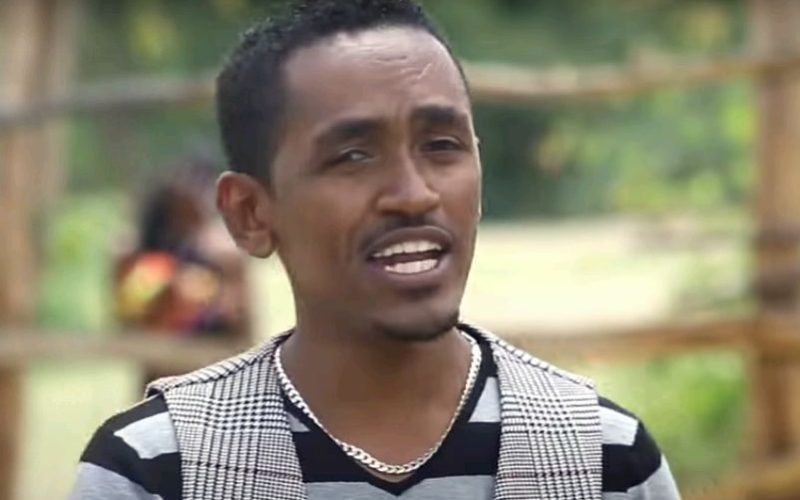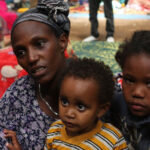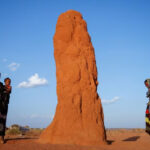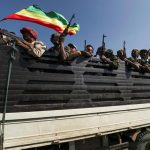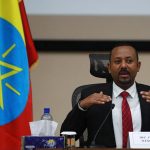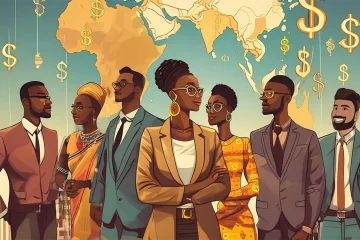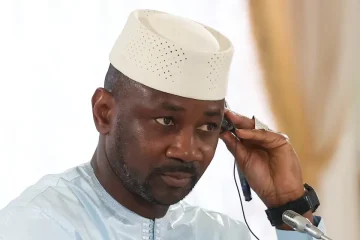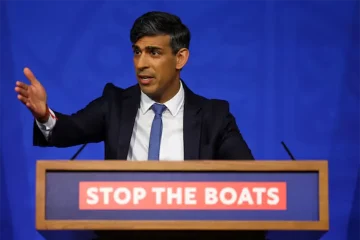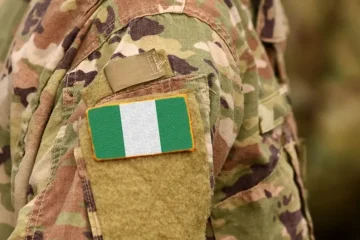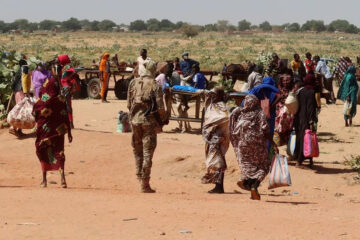DAWIT ENDESHAW
ABOUT 2,000 people in Ethiopia have been charged over deadly violence that followed the killing of a popular singer in June and charges against more prisoners are likely to follow, the attorney general has announced.
At least 166 people were killed following the murder of Haacaaluu Hundeessaa, some in protests against authorities and some in ethnically-targeted attacks.
More than 9,000 people were arrested in the wake of the violence, including some politicians from Oromiya, Ethiopia’s most populous province and the home of the deceased singer.
“Some the suspects and some of the accused complained that they are being charged for their political activity,” Attorney General Gideon Timothewos told a news conference.
“They are not,” he said. “They are being charged for their conduct that has resulted in the death of hundreds of citizens.”
He did not give details on the charges or on whether any prisoners had been released without charge.
Haacaaluu was shot dead on June 29 while driving in the capital Addis Ababa. He was one of Ethiopia’s biggest musical stars and a powerful political voice, with many of his songs speaking out on behalf of his Oromo ethnic group and calling for more freedoms.
Africa’s second most populous nation, Ethiopia is one of the continent’s fastest growing economies and is due to hold elections next year.
But decades of frustration over government repression and a series of democratic reforms by Prime Minister Abiy Ahmed, who tokk office in April 2018, have emboldened regional power-brokers keen to challenge the ruling party.
Long-suppressed frustrations frequently explode into ethnic violence.
Abiy won the 2019 Nobel Peace Prize for his peacemaking efforts which ended two decades of hostility with Eritrea.
But some of his critics have accused him of using similar heavy-handed tactics – such as mass arrests or the detention of political opponents – to the regime that preceeded him.
Gideon said the riots after the singer’s death had to be quashed.
“We have to distinguish between peaceful, lawful political mobilisation and the kind of rhetoric, the kind of ultranationalist militant violent political activism, that results in deaths and injury,” he said. – Thomson Reuters Foundation.

